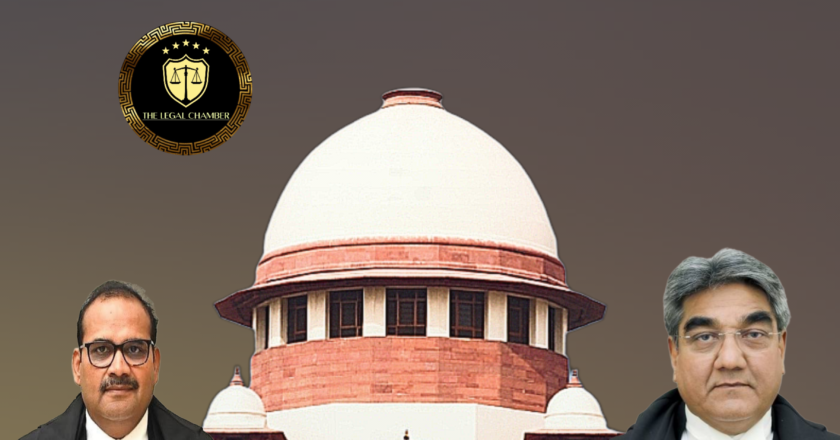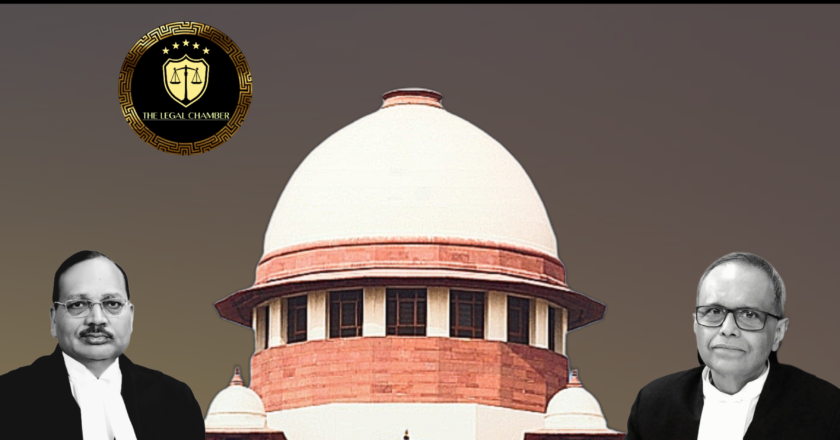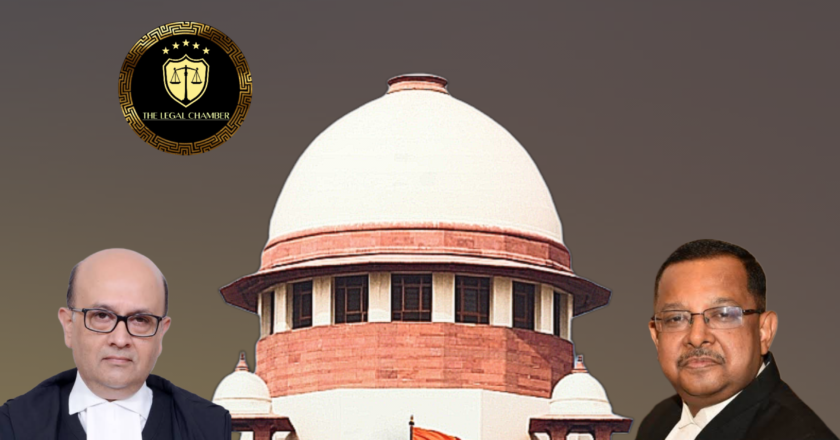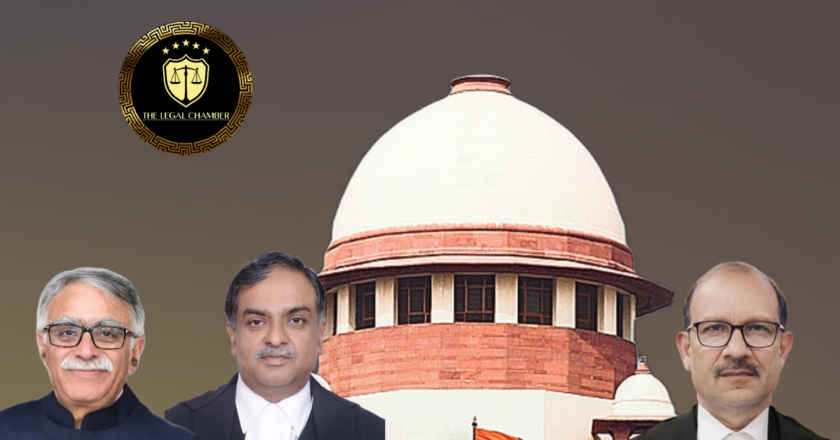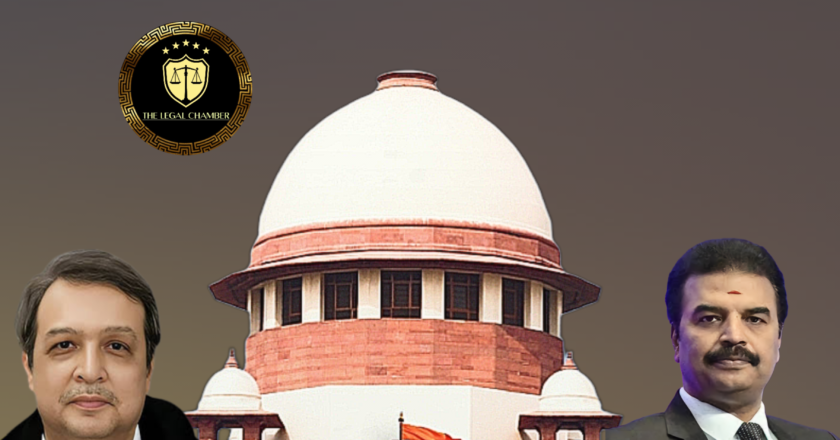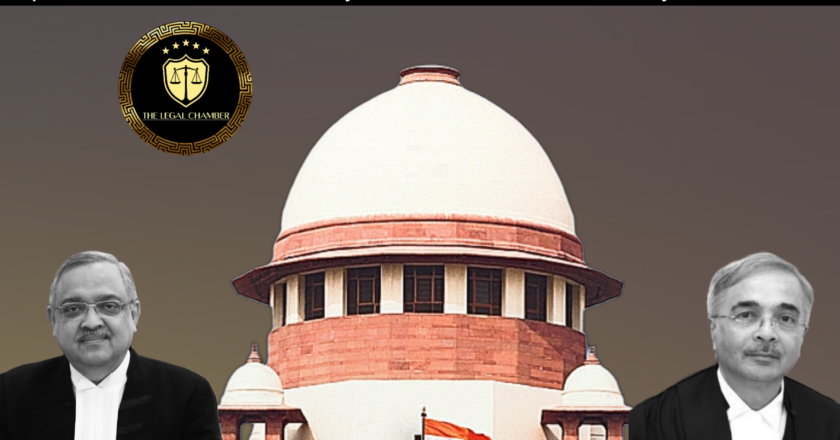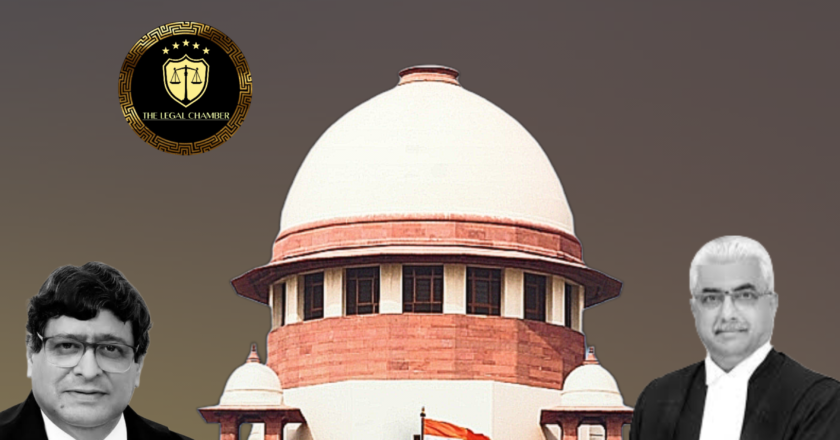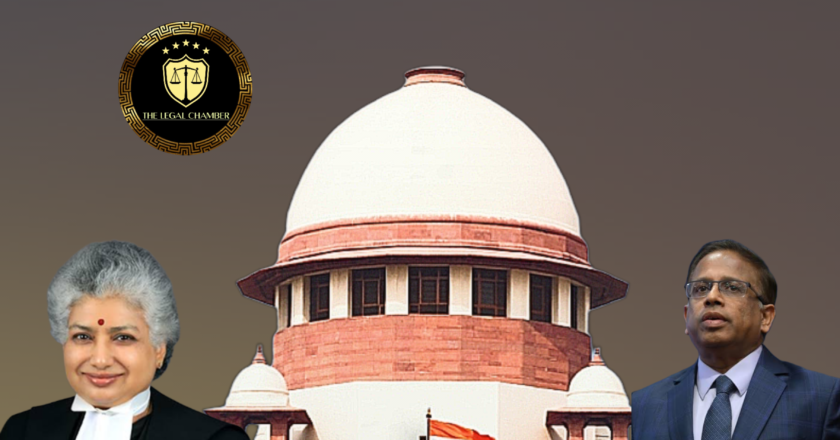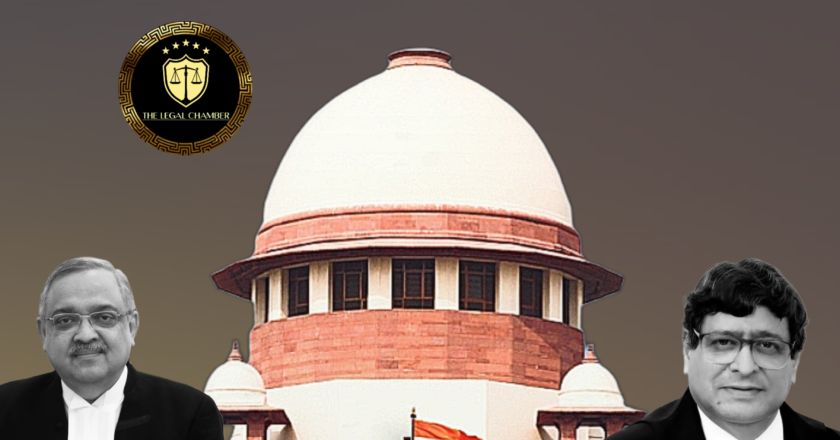Proof of Tenancy: Supreme Court’s Key Ruling on Rent Receipts and Title Disputes
The Supreme Court held that In disputes over landlord-tenant relationships, the Supreme Court clarified that under the Karnataka Rent Act, 1999, the production of rent receipts signed by the landlord constitutes prima facie evidence of the jural relationship. Once this initial burden is discharged, the Rent Controller is justified in proceeding with the eviction case without delving into title disputes, which are beyond its scope.
Facts Of The Case:
The appellant, H.S. Puttashankara, filed an eviction petition against the respondent, Yashodamma, under the Karnataka Rent Act, 1999, concerning a property in Bengaluru. The appellant claimed to be the landlord, asserting that the property originally belonged to his great-grandfather and devolved to him through a release deed from other legal...
